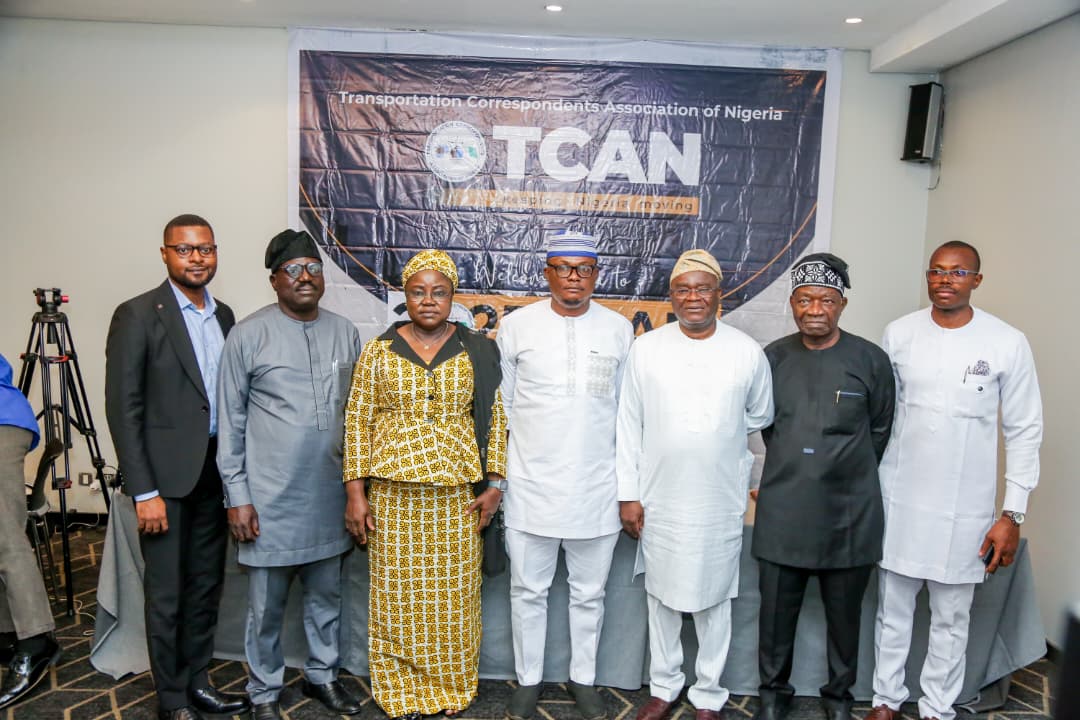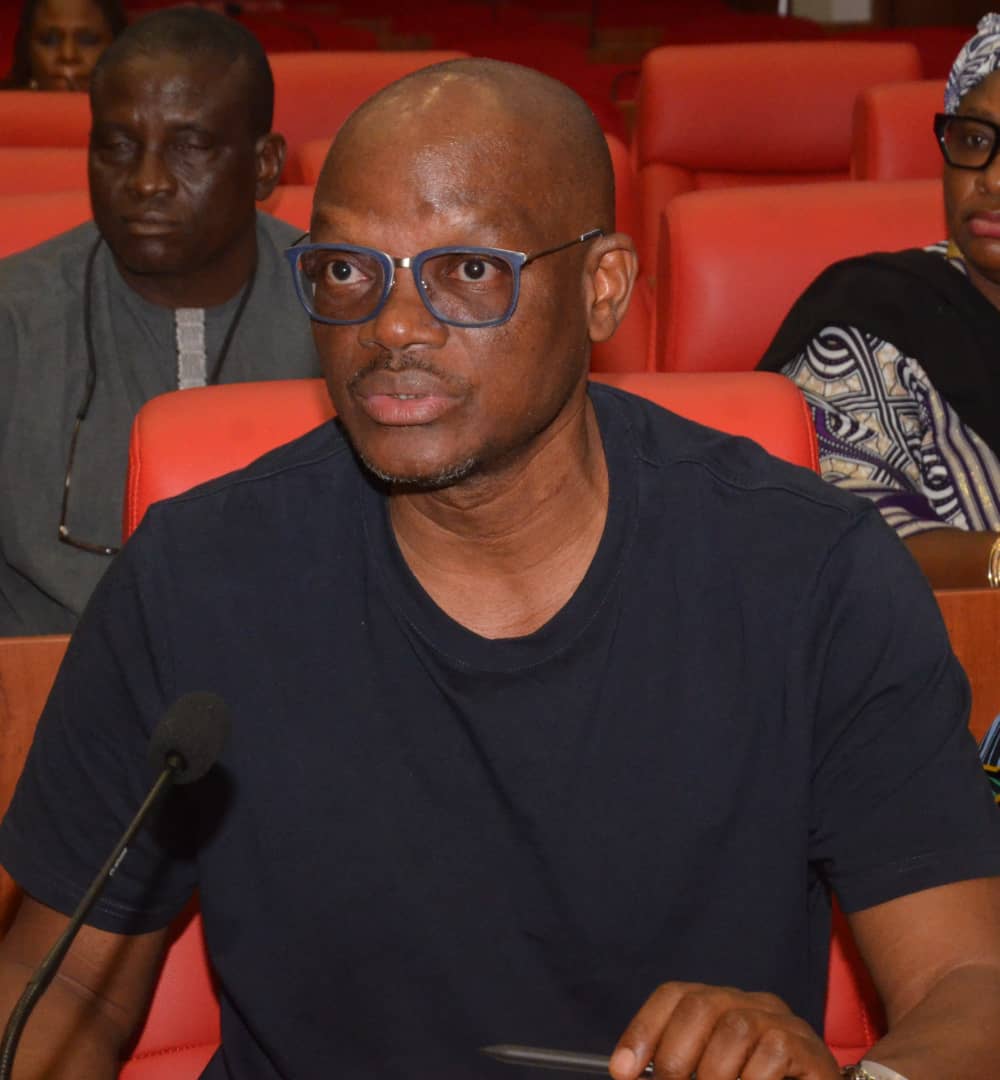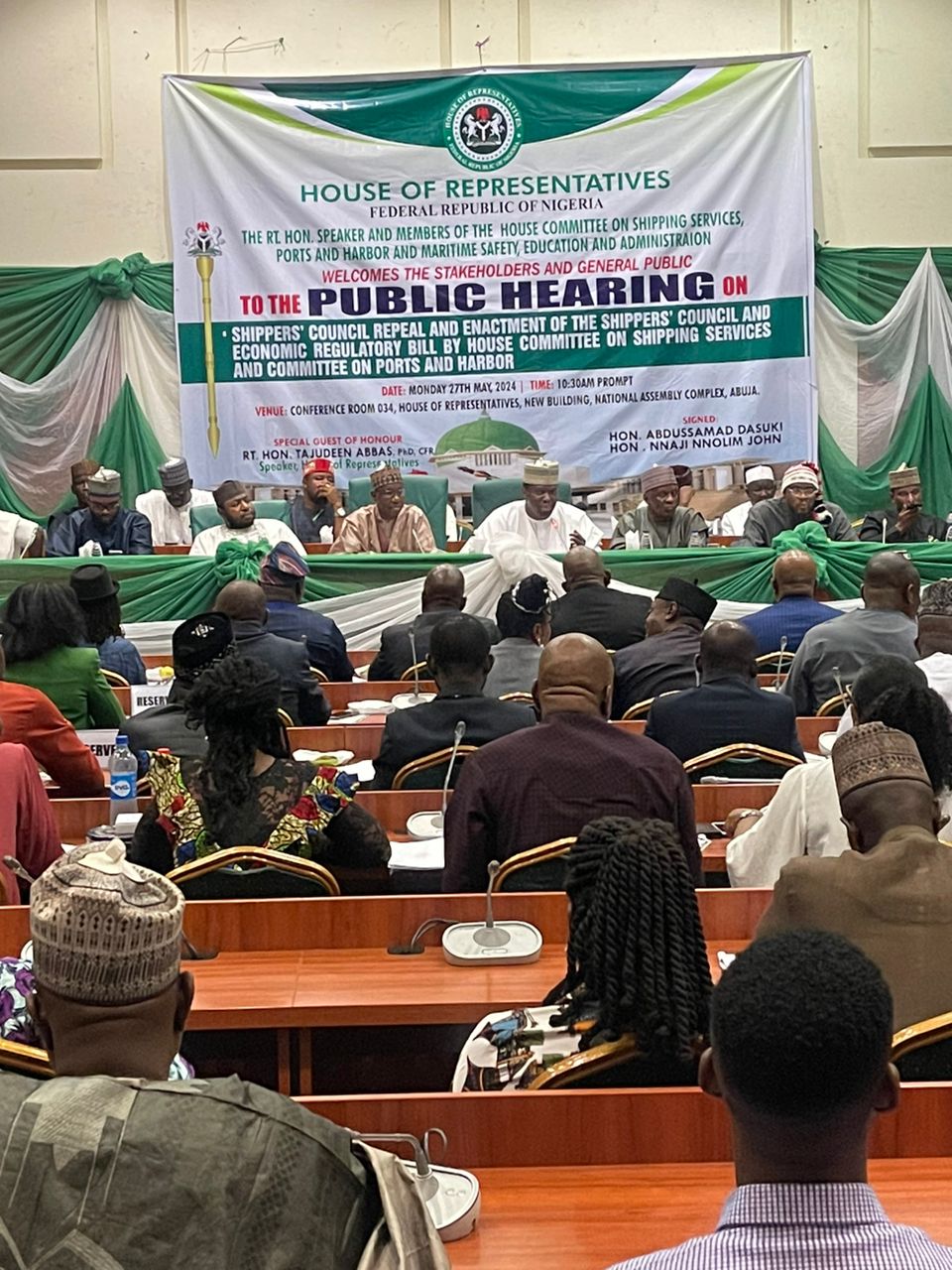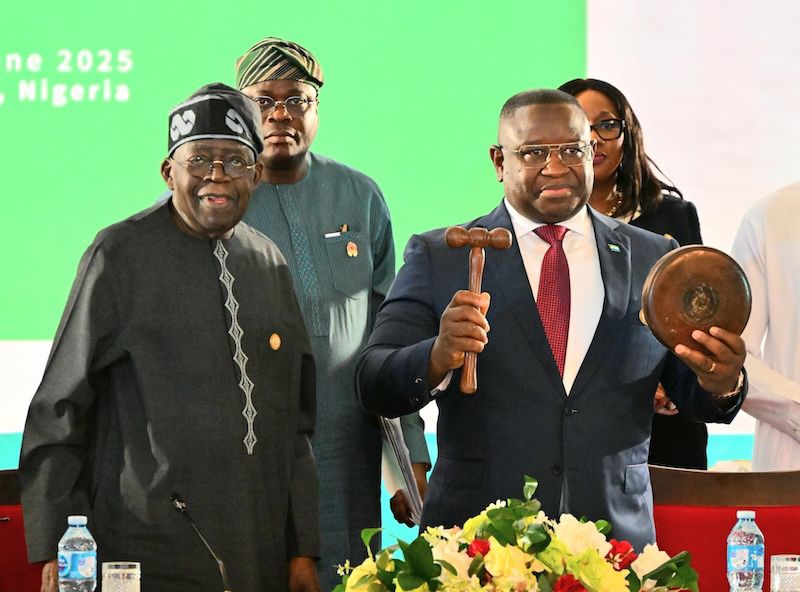TCAN summit: Experts highlight transport logistics for economic growth

Experts at the Transportation Correspondents Association of Nigeria (TCAN) summit have outlined strategies to harness transport logistics value chains for Nigeria’s economic growth.
The summit, held on Wednesday in Lagos, was with the theme ‘Driving the Transport Logistics Value Chains for Economic Growth.’
Mr Tarzan Balogun, President of the Association of Tourist Boat Operators and Water Transporters of Nigeria (ATBOWATON), urged regulators to improve inland waterways infrastructure.
Represented by an executive officer of ATBOWATON, Mr Ahmed Balogun, he said waterways required facilities such as floating fuel docks to ease access to fuel for operators.
He explained that operators currently visit filling stations to obtain fuel, adding that floating docks would reduce operational risks, including fire outbreaks.
Balogun further urged regulators to equip marine police with floating checkpoints to curb theft and insecurity, while also providing adequate navigational lights.
Mr Victor Mgboji, Secretary of the Barge Operators Association of Nigeria (BOAN), noted that Nigeria had not fully optimised its vast inland waterways.
He stressed that barge operators play a vital role in cargo movement, but face challenges such as poor infrastructure, undredged waterways, and inadequate navigational facilities.
Transportation experts at the summit also emphasised innovation and sustainability as critical drivers of the sector’s future growth.
Mr Michael Oluwagbemi, Programme Director of the Presidential Initiative on Compressed Natural Gas (Pi-CNG), highlighted the need for sustainable and affordable transport systems to unlock growth.
Represented by Mrs Ugonna Onyemelukwe, a director at Pi-CNG, he said efficient transport would boost logistics, connect communities, and enable agricultural produce to reach markets.
He explained that the Presidential CNG Initiative aimed to accelerate Nigeria’s transition from petrol and diesel to cheaper, cleaner, and safer CNG alternatives.
Oluwagbemi stressed that CNG would cut costs, enhance energy security, and reduce the environmental impact of logistics operations nationwide.
He said Pi-CNG had commenced rolling out conversion centres, training programmes, and CNG refuelling infrastructure across the country.
According to him, transport unions, private investors, and government agencies are partnering to ensure buses, taxis, trucks, and motorcycles can operate on CNG.
He described the initiative as a historic opportunity for Nigeria’s logistics sector, with fleets of CNG-powered cargo trucks reducing costs and boosting competitiveness.
He envisioned intermodal hubs where rail, road, and waterways converge, powered by clean energy solutions, adding that the future was already being built.
Oluwagbemi called for stronger stakeholder collaboration, noting that innovation and sustainability must underpin every transport solution for the country’s growth.
Mr Segun Obayendo, Managing Director of the Lagos Computerised Vehicle Inspection Service (LACVIS), said the summit theme reflected the need for efficiency and innovation.
READ ALSO: strong> NEWSCOUNT MAGAZINE CELEBRATES DR. OBY AJIH, (OJIUGOANAWARANDIEZE), ON HER BIRTHDAY
Represented by Mrs Abike Awojobi, Executive Director of Transport Agenda Magazine, he said LACVIS’ technology-driven mandate aligned with strengthening Nigeria’s transport ecosystem.
He reaffirmed LACVIS’ commitment to work with regulators, policymakers, and industry players to enhance safety, professionalism, and growth in the transport and logistics sector.





